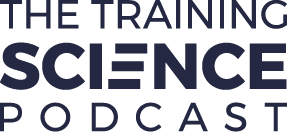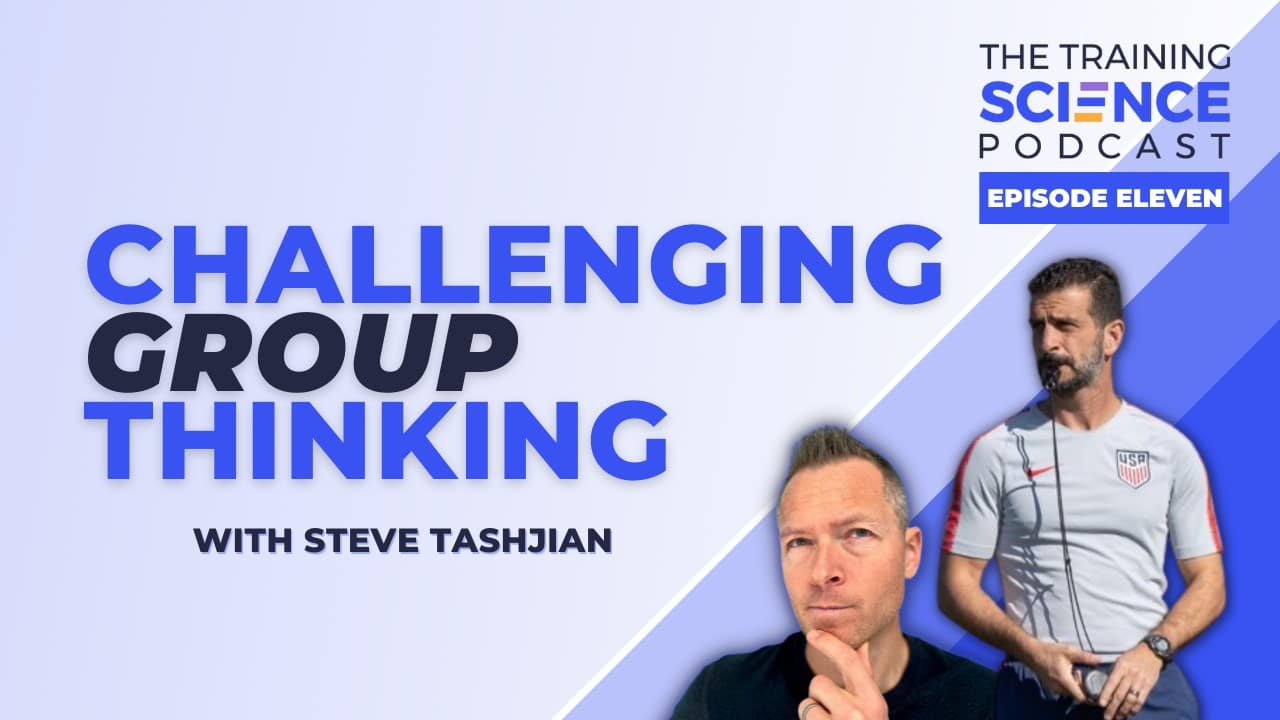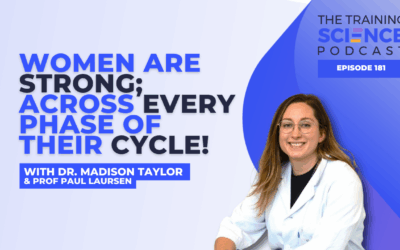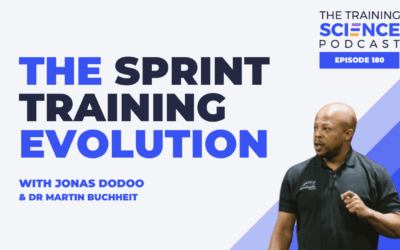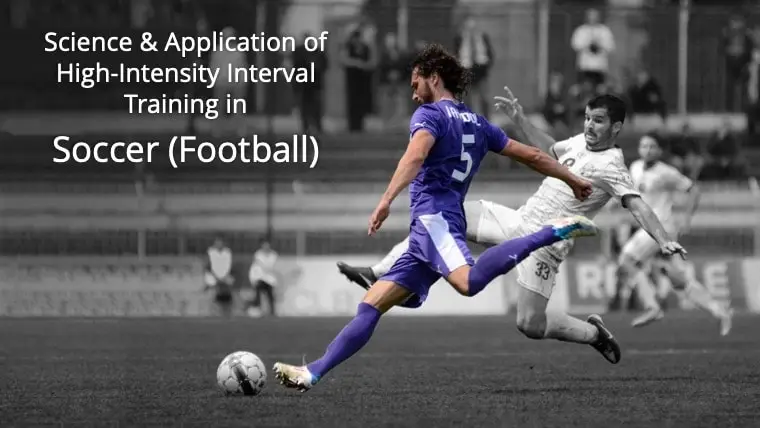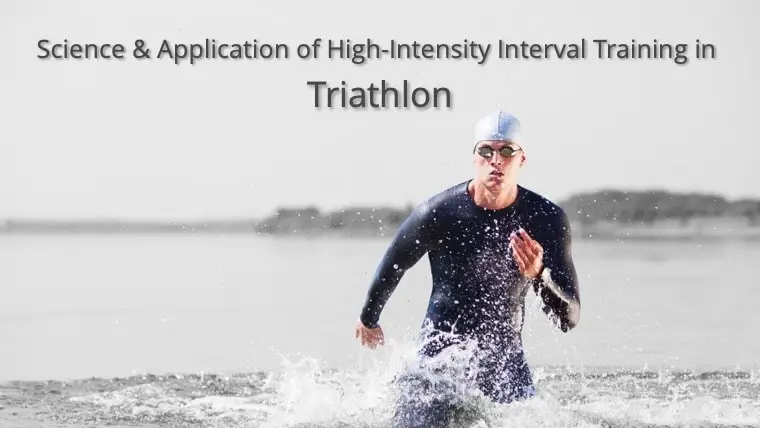🔑 Key Takeaways
2. Do NOT just “use” sports science. Make it the MINIMUM to use sports science as much as possible. THEN move onto doing small experiments yourself.
3. AVOID drifting into “groupthink”, trends and the hype bus. Look for every little opportunity to try something new. Do your best and see what happens
4. Get paid. No, seriously, if you are a highly experienced AND qualified exercise professional, make yourself useful first, but stop UNDERSELLING yourself.
5. Carbohydrates (and lack thereof) are likely not the only macronutrient you should be considering the manipulation of around your sport. YES, that’s even in sports that heavily lean into the repeated sprints direction.
Unlock Your Team’s Potential with Martin Buchheit’s Science-Proven Metabolic Conditioning Methods
Learn from the best! Martin Buchheit’s groundbreaking research has fundamentally changed how we approach metabolic conditioning in team sports.
Show Transcripts
Challenging Groupthink in Sport Science: A Conversation with Steve Tashjian
Martin Buchheit sits down with Steve Tashjian, physical therapist and performance manager for the U.S. Men’s National Soccer Team, to explore how bold thinking and individualized approaches are shaping the future of performance, nutrition, and leadership in elite sport.
Martin: Good morning, Steve. Thanks for being with us. How are you today?
Steve: I’m good, Martin. Great to see you.
Martin: I’ve been looking forward to this. I actually first heard about you through your colleagues—who, let’s just say, were… highly opinionated. (laughs) But then I listened to a few podcasts you were on, and I started to see a pattern: you think differently. You even introduced me to Asana years ago. That alone changed how I manage my work.
Steve: I appreciate that. It’s always encouraging to hear when new ideas land well. That’s really what I try to do—challenge groupthink when I see something isn’t working.
From Physical Therapist to Performance Architect
Martin: For those who may not know you, can you briefly introduce yourself?
Steve: Sure. I’m a physical therapist and performance manager. I earned my master’s in 2002 and landed my first job with Jim Liston at LA Galaxy—just a dream start. From there, I’ve been fortunate to work across different environments: private practice, MLS, and overseas with Everton in the Premier League, before joining the U.S. national team with Gregg Berhalter in 2019. Across that time, I’ve worn a lot of hats: therapist, strength coach, head of sports science, and now, more of a leadership and management role in performance.
Evolution of a Leader
Martin: You’ve moved from practitioner to department leader. Was that a deliberate journey?
Steve: I think it evolved naturally. I’ve held nearly every role in the high-performance spectrum. That variety helped me understand how to bring those pieces together into an integrated performance model. But I’ll admit—when I was younger, patience and awareness were not my strengths. It took hitting some personal lows, bouncing off the bottom, and learning from mentors like Danny Donachie at Everton to develop the emotional intelligence and self-awareness needed to lead.
Martin: You’ve even contributed to our Ego Book—especially around your concept of “ego volumes.” That made a big impact.
Steve: Thanks for including that. Ego is powerful. If you don’t understand how your behavior impacts others, you can’t grow.
On Titles, Impact, and the Race for Prestige
Martin: What’s your take on the growing obsession with job titles in our field?
Steve: Honestly, it’s a distraction. There’s a race to be called “Director” or “VP of Performance” without fully understanding the responsibility behind it. Some people get the title before they’re ready—and worse, before they’re paid accordingly. Titles don’t improve performance; integrated systems and effective leadership do.
Performance Leadership and Tailoring to the Environment
Martin: How do you approach building high-performance teams?
Steve: It’s like a snowflake—no two clubs are the same. It starts with discovery: Who are we as a club? What’s our identity? Everton, for example, was family-oriented, tight-knit. A massive department would’ve disrupted that. But an NFL team with a huge roster? They may need more staff. The key is alignment—building performance around the club’s values, not in a silo.
On Carbohydrate Periodization and Fat Adaptation
Martin: Let’s talk nutrition. You’re one of the only voices in team sport talking about carbohydrate restriction. How did that start?
Steve: Back at Everton, I was working with some U23s who were labeled “not fit” or “fast-twitch only.” I started experimenting with fat adaptation and glycogen restriction. We saw improvements in their endurance and performance markers. Later, with the Columbus Crew, we implemented carbohydrate periodization club-wide—with full staff buy-in. We weren’t ketogenic, just strategic: low carbs on low-intensity days, higher carbs on match days. It was about metabolic flexibility.
Martin: Were you tracking KPIs?
Steve: Yes—match distance, high-intensity work, RPEs, muscle soreness. Even if metrics stayed the same, the point was: we didn’t need carbs to achieve them. That alone challenges the “you’ll run out of gas” narrative. Over time, players reported better energy, faster recovery, and stuck with the nutrition plan even after moving to other clubs.
The Next Frontier: Gut Health and Performance
Martin: What research do we need next?
Steve: We need to understand the gut. The brain and the gut are the two command centers of the body. We know a lot about the brain, but gut health and its effect on inflammation, energy systems, recovery? We’re scratching the surface. If we knew more about individual responses—through DNA and gut profiling—we could customize everything: nutrition, loading, recovery.
Martin: Couldn’t agree more. Often the “carb flu” is more about sodium loss and dehydration than withdrawal. It’s complex.
Leading With Awareness
Martin: What are you currently learning about?
Steve: Leadership. My job now is more about guiding people than managing sets and reps. I’m studying people like Pope Francis and Dave Grohl. Francis—because he challenges systems from within. Grohl—because he leads a band like a performance team. Both speak truth, know when to step up or step back, and create environments where others thrive. That’s my goal too.
Final Thoughts
Martin: Last question: What would you ask someone like Nick Poulos, another great performance manager?
Steve: I’d ask how he tailors his leadership to the personalities of his staff. How does he adjust communication to motivate or challenge people based on who they are? That emotional intelligence—that’s the game.
Martin: Steve, this has been incredibly rich. Thanks again for the insights, the openness, and the leadership you’re bringing to our field.
Steve: Thank you, Martin. Let’s do round two sometime.

